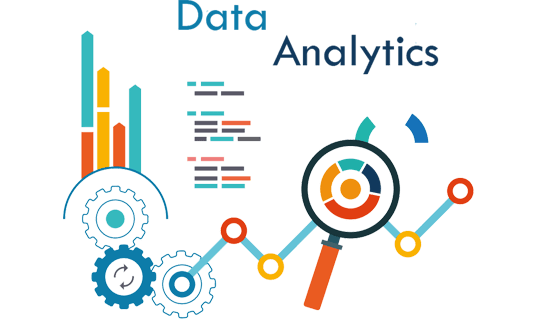In today’s fast-paced and competitive business landscape, staying ahead of the curve is not just an advantage; it’s a necessity. One of the key tools that businesses are leveraging to gain a competitive edge is Business Analytics. In this blog post, we’ll delve into the importance of business analytics and how it plays a pivotal role in helping organizations achieve their goals.
Understanding Business Analytics:
At its core, business analytics involves the use of data analysis tools and techniques to make informed business decisions. It encompasses a wide range of activities, from collecting and processing data to analyzing trends and patterns, ultimately providing valuable insights that drive strategic decision-making.
Driving Informed Decision-Making:
In the ever-evolving business landscape, decisions need to be quick, precise, and based on real-time information. Business analytics empowers organizations to make informed decisions by providing a comprehensive view of their operations. By analyzing historical and current data, businesses can identify patterns and trends, enabling them to anticipate market changes and stay one step ahead.
Optimizing Performance:
Every business strives for efficiency and productivity. Business analytics allows organizations to optimize their operations by identifying bottlenecks, streamlining processes, and allocating resources more effectively. Whether it’s identifying areas for cost reduction or improving the efficiency of supply chains, data-driven insights from business analytics pave the way for continuous improvement.

Gaining Customer Insights:
Understanding customer behavior is key to any successful business. Business analytics provides the tools to analyze customer data, preferences, and purchasing patterns. This valuable information helps businesses tailor their products or services to meet customer needs, enhance customer experiences, and build lasting relationships.
Strategic Planning and Goal Achievement:
Business analytics is an integral part of strategic planning. By analyzing data, businesses can set realistic goals, track their progress, and adjust strategies as needed. This proactive approach ensures that organizations are not only meeting short-term objectives but are also aligning their efforts with long-term success.

Adapting to Market Trends:
The business landscape is dynamic, with market trends and consumer preferences constantly changing. Business analytics equips organizations with the tools to monitor these changes in real-time. This adaptability allows businesses to stay agile, identify emerging opportunities, and adjust their strategies to stay relevant in a rapidly evolving market.
Conclusion:
In conclusion, the importance of business analytics in today’s business environment cannot be overstated. It serves as a guiding light, helping organizations navigate the complexities of the market and make informed decisions. From optimizing operations to understanding customer behavior, business analytics is the driving force behind achieving business goals and ensuring sustained success.
In the era of data-driven decision-making, businesses that harness the power of business analytics are not just surviving – they’re thriving. It’s time for businesses to embrace the transformative potential of business analytics and unlock new possibilities for growth and innovation.










